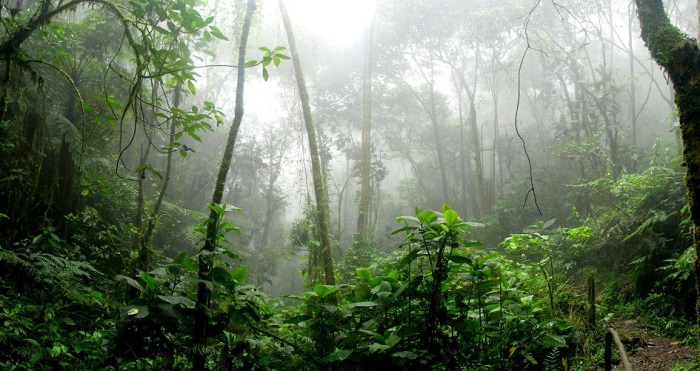At the UN Climate Change Conference COP29 in Baku in November 2024, world leaders and stakeholders gathered to accelerate global efforts to reduce deforestation, restore degraded forests, and harness the critical solutions forests provide for reducing greenhouse gas emission and strengthening resilience.

Underscoring the urgency of action, the United Kingdom’s International Forest Unit pledged £3 million to support UN Climate Change’s REDD+ framework over the next four years.
“Forests are the lungs of our planet – without them climate security is impossible,” said Ed Miliband, the UK’s Secretary of State for Energy Security and Net Zero. “We’re determined to play our part in mobilising finance to protect and restore global forests in these critical years for climate action.”
The funding will bolster activities under the Paris Agreement’s framework to reduce emissions from deforestation and forest degradation (REDD+) in many countries, enabling the creation of dedicated platforms for technical dialogues among REDD+ experts and improving the transparency and implementation of forest-related climate actions.
Forests: a cornerstone of climate action
Managed and natural land ecosystems help absorb about one third of the carbon dioxide emissions caused by human activities, acting as natural carbon sinks. However, deforestation and land-use changes contribute to around 21% of global greenhouse gas emissions (IPCC). Without urgent action, these vital ecosystems risk further degradation, undermining their ability to combat climate change.
In the Global Stocktake in 2023 at COP28, Parties reached a landmark agreement to halt and reverse deforestation and forest degradation by 2030 – a commitment that countries must reflect in their updated national climate plans due in early 2025. Yet, gaps in funding, data availability and knowledge-sharing hinder progress.
Scaling up REDD+ to unlock forest potential
REDD+ provides a robust framework for countries to cooperate on forest-related climate actions. Through a system of reporting and expert technical assessment, REDD+ activities are integrated into the Enhanced Transparency Framework of the Paris Agreement. This ensures actions are visible and measurable.
“REDD+ is the framework that countries have agreed to use to stop deforestation and forest degradation, restore forests, and enhance the services that forests provide for adaptation, biodiversity, and local livelihoods,” said Dirk Nemitz, Team Lead of the Agriculture, Forestry and Other Land Use Unit at UN Climate Change.
